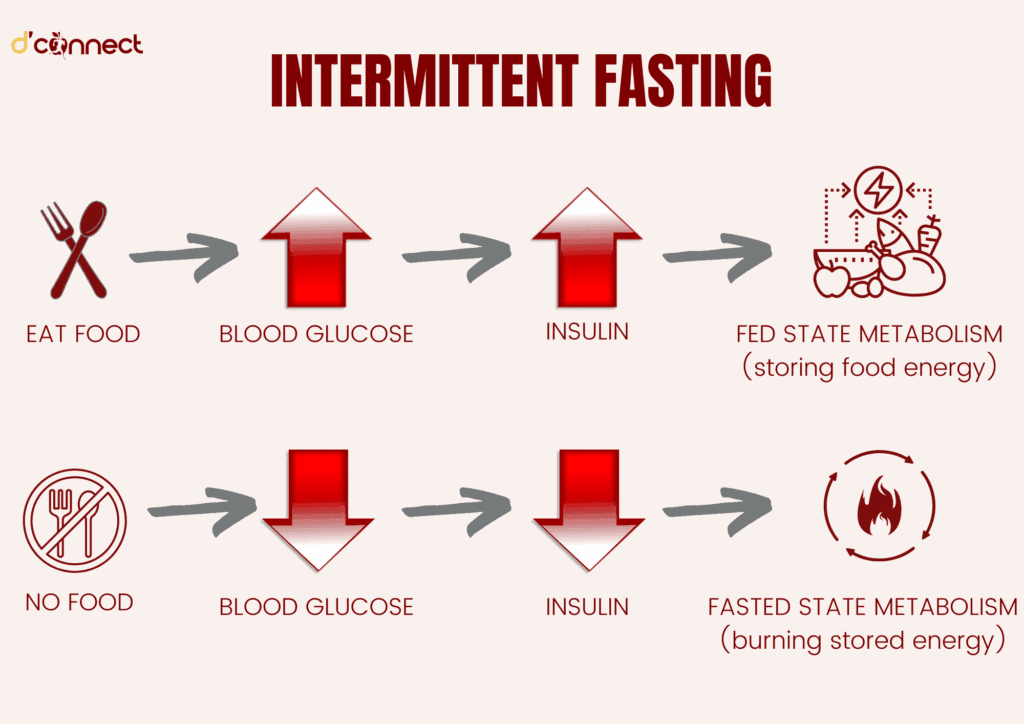Intermittent Fasting & Blood Sugar - New Research Reveals Surprising Results

Fasting
Intermittent fasting has exploded in popularity in recent years, touted for its potential weight loss and metabolic health benefits. But how does it actually impact blood sugar control, a crucial factor for overall health and disease prevention? New research published in 2023 sheds light on this question, revealing some surprising findings that challenge previous assumptions.
Beyond Weight Loss: Investigating the Metabolic Effects of Intermittent Fasting
While much of the early research on intermittent fasting focused on its impact on weight, scientists are increasingly interested in understanding its effects on various metabolic processes. Blood sugar regulation, a key aspect of metabolic health, has become a particular area of focus.
Stable blood sugar levels are crucial for preventing a range of health issues, including type 2 diabetes, cardiovascular disease, and even certain types of cancer. Fluctuations in blood sugar, on the other hand, can lead to inflammation, oxidative stress, and damage to blood vessels over time.
Unveiling the Link: 2023 Studies on Intermittent Fasting and Blood Sugar Control
Recent studies published in 2023 have provided fascinating insights into the relationship between intermittent fasting and blood sugar regulation. Some key findings include:
1. Improved Insulin Sensitivity:
A study published in the journal "Cell Metabolism" found that time-restricted feeding, a popular form of intermittent fasting, improved insulin sensitivity in overweight adults. This means their bodies were able to use insulin more effectively to lower blood sugar levels. This finding is significant because insulin resistance, a condition where the body's cells don't respond properly to insulin, is a major driver of type 2 diabetes.
2. Reduced Blood Sugar Spikes:
Research published in "The American Journal of Clinical Nutrition" showed that intermittent fasting led to lower post-meal blood sugar spikes in individuals with prediabetes. This suggests that intermittent fasting could be a promising strategy for preventing the progression from prediabetes to type 2 diabetes.
3. Potential Benefits for Type 2 Diabetes Management:
A pilot study published in "BMJ Open Diabetes Research & Care" found that intermittent fasting, when combined with a calorie-restricted diet, led to significant reductions in HbA1c levels (a measure of long-term blood sugar control) in people with type 2 diabetes. While promising, larger and longer-term studies are needed to confirm these findings.
The Surprising Twist: Not All Intermittent Fasting Protocols Are Created Equal
While the research on intermittent fasting and blood sugar control is encouraging, it's crucial to note that not all intermittent fasting protocols are created equal.
For example, some studies suggest that very prolonged fasts (e.g., exceeding 24 hours) might actually worsen insulin sensitivity in certain individuals. This highlights the importance of choosing a fasting protocol that aligns with individual needs and health goals. Consulting with a healthcare professional before starting any new dietary regimen, including intermittent fasting, is always recommended.
Moving Forward: The Future of Intermittent Fasting Research
The research on intermittent fasting and blood sugar control is still evolving, and more studies are needed to fully understand its long-term effects and optimal implementation. Future research will likely focus on:
- Determining the ideal fasting duration and frequency for different populations
- Investigating the combined effects of intermittent fasting and other lifestyle interventions, such as exercise and diet
- Exploring the potential mechanisms by which intermittent fasting influences blood sugar regulation
In Conclusion: A Promising Tool for Metabolic Health?
The emerging research on intermittent fasting and blood sugar control paints an optimistic picture, suggesting that this dietary approach could hold significant potential for improving metabolic health and preventing chronic diseases. However, it's essential to approach intermittent fasting with a balanced perspective. Choosing the right fasting protocol, considering individual health factors, and seeking guidance from healthcare professionals are crucial steps in harnessing the potential benefits of intermittent fasting for blood sugar regulation and overall well-being.











Comments ()